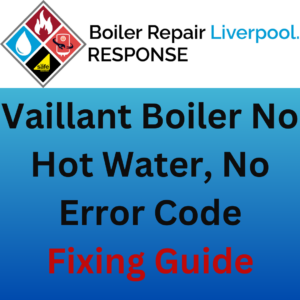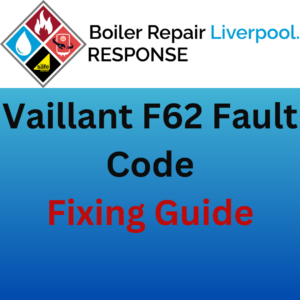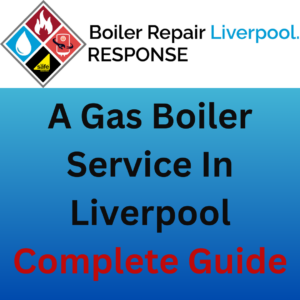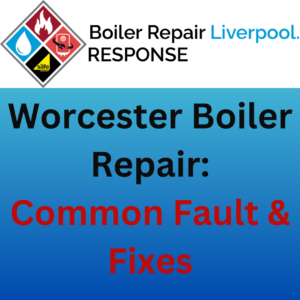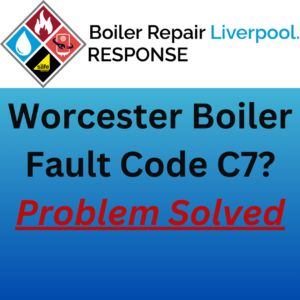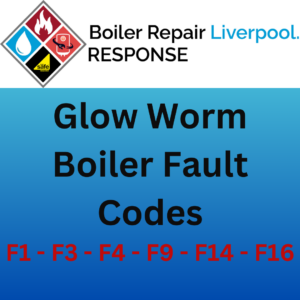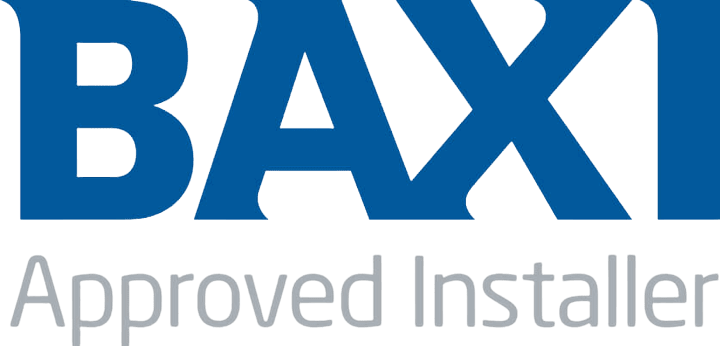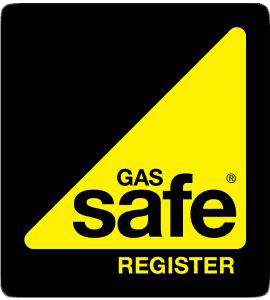Hot water cylinders are essential components of a home’s heating system, providing a steady supply of hot water for various household activities. Understanding the different types of cylinders and the common problems associated with them is crucial for maintaining a functional and efficient heating system.
Types of Hot Water Cylinders
Hot water cylinders come in various types, each with its own set of advantages and disadvantages.
- Direct Cylinders
Direct cylinders heat water using an immersion heater within the cylinder itself. They are typically found in properties with no access to a boiler or where space is limited.
- Indirect Cylinders
Indirect cylinders are connected to a central heating system, using a coil or heat exchanger to heat the water indirectly. They are more common in properties with a boiler and provide a continuous supply of hot water.
- Unvented Cylinders
Unvented cylinders operate at mains pressure, offering high-pressure hot water flow to multiple outlets simultaneously. They are energy-efficient and suitable for larger households with higher hot water demands.
Common Problems with Hot Water Cylinders
Despite their importance, hot water cylinders can experience various issues over time.
- Corrosion
Corrosion can occur due to the reaction between the water and the cylinder’s metal components, leading to rust and deterioration. This can result in leaks and reduced efficiency.
- Leaks
Leaks are a common problem with hot water cylinders and can occur due to deteriorated seals, cracks in the cylinder, or loose fittings. Not only do leaks waste water and energy, but they can also cause water damage to surrounding areas.
- Sediment Buildup
Over time, sediment and limescale can accumulate at the bottom of the cylinder, affecting its heating efficiency and potentially causing blockages in the pipework.
Regular maintenance is essential to prevent sediment buildup.
- Strange Sounds:
Unusual noises emanating from your hot water cylinder can be indicative of underlying issues such as debris accumulation or component malfunction. Our team of skilled technicians is equipped to diagnose and resolve these issues promptly, restoring peace to your home.
- Water Leaks:
Any sign of water leakage from your hot water cylinder demands immediate attention to prevent property damage and wasted resources. Our professionals specialize in identifying and addressing the source of leaks, safeguarding your home, and preserving your hot water supply.
- Discolored or Smelly Water:
Water quality issues, including discoloration and unpleasant odors, can stem from various factors such as sediment buildup or bacterial growth. Our team conducts thorough inspections to pinpoint the cause of water issues and implements effective solutions to restore clarity and freshness to your water supply.
- Water Not Heating Properly:
Inconsistent or insufficient hot water supply can be caused by issues such as faulty
Thermostats or heating elements. Our experts possess the knowledge and experience to diagnose and rectify heating issues promptly, ensuring you enjoy reliable hot water on demand.
- Excessively Hot Water:
Water temperature regulation issues pose safety risks and require immediate attention to prevent scalding or burns. Our technicians can assess your system’s temperature regulation mechanisms and make necessary adjustments to ensure safe and comfortable water temperatures.
- Airlock in the Pipes:
Airlocks in the heating system can hinder hot water flow. Our guide to clearing airlocks in pipes offers solutions to restore proper circulation and efficiency.
- Frozen Condensate Pipe:
Freezing weather can lead to a frozen condensate pipe, disrupting boiler operation. Our guide to thawing a frozen condensate pipe provides instructions for addressing this issue. If problems persist, contact a Gas Safe registered engineer for assistance.
- Not Enough Hot Water:
Insufficient hot water supply may be due to issues with twin immersion heaters or
Electrical supply. Our technicians can diagnose and address these issues, ensuring adequate hot water for your needs.
Why Proper Maintenance is Essential
Proper maintenance of hot water cylinders is crucial to ensure their longevity and efficient operation. Regular servicing can help identify and address potential issues before they escalate, saving both time and money in the long run.
Signs That Your Hot Water Cylinder Needs Repair
Several signs indicate that your hot water cylinder may require repair or servicing:
- Lack of hot water: If you’re experiencing a decrease in hot water supply or none at all, there may be an issue with your cylinder. Strange noises: Unusual noises coming from your cylinder, such as banging or gurgling sounds, could indicate sediment buildup or other issues.
- Leaks: Any visible leaks or moisture around the cylinder should be addressed promptly to prevent further damage.
The Importance of Professional Repair Services
While some minor issues with hot water cylinders can be addressed by homeowners, it’s essential to seek professional repair services for more significant problems. Qualified technicians have the knowledge, skills, and equipment to diagnose and fix issues safely and effectively.
How Response Boiler Repair Can Help
At Response Boiler Repair, we specialize in providing comprehensive repair and maintenance services for hot water cylinders. Our team of experienced engineers is equipped to handle all types of cylinder problems, from minor leaks to major repairs.
Benefits of Choosing Response Boiler Repair
- Expertise: Our technicians are highly trained and experienced in diagnosing and repairing hot water cylinder issues.
- Prompt service: We understand the inconvenience of a malfunctioning cylinder, which is why we strive to provide prompt and efficient repair services.
- Customer satisfaction: Your satisfaction is our priority, and we go above and beyond to exceed your expectations.
FAQs about Hot Water Cylinders and Repair Services
- How often should I have my hot water cylinder serviced?
It’s recommended to have your hot water cylinder serviced annually to ensure optimal performance and prevent potential issues.
- Can I repair my hot water cylinder myself?
While some minor issues can be addressed by homeowners, it’s advisable to seek professional repair services for more significant problems to avoid causing further damage.
- What are the benefits of an unvented hot water cylinder?
Unvented cylinders operate at mains pressure, providing high-pressure hot water flow and eliminating the need for a cold water storage tank, making them ideal for larger households with high hot water demands.
- How long does it take to repair a hot water cylinder?
The time required to repair a hot water cylinder depends on the extent of the damage and the complexity of the repair. Our technicians strive to complete repairs promptly to minimize disruption to your daily routine.
- How can I prevent problems with my hot water cylinder?
Regular maintenance and servicing are key to preventing issues with your hot water
Cylinder. Additionally, keeping an eye out for signs of trouble, such as leaks or strange noises, can help catch problems early before they escalate.


